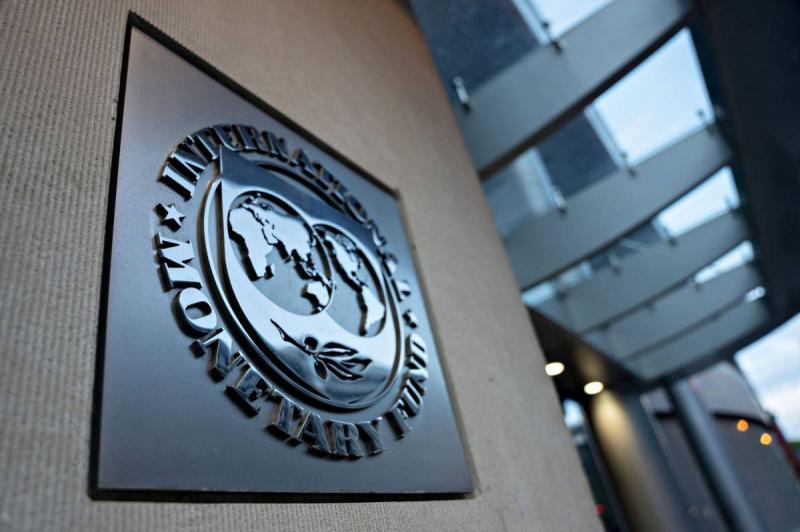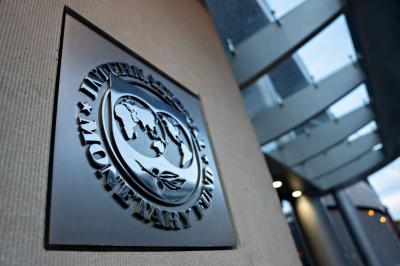The economies of the Middle East and North Africa are expected to grow by 4.1% for both the current and upcoming year, according to the International Monetary Fund (IMF). These estimates were included in the World Economic Outlook report, titled "Recovery During the Pandemic: Health Concerns, Supply Disruptions, and Price Pressures," which also projected the global economy to grow by 5.9% in 2021, down from the 6% forecast made in July. Kristalina Georgieva, the Managing Director of the IMF, recently warned that global growth this year "will slow down a bit from what we anticipated in July," expressing concern about the growing divide between wealthy countries benefiting globally from economic recovery and poorer countries suffering from a lack of coronavirus vaccines.
Earlier, the IMF Board of Governors approved the largest support package in its history, amounting to $650 billion, to help countries cope with the increasing fallout from the pandemic. An IMF official estimated the expected global GDP losses due to COVID-19 at around $15 trillion for the period from 2020 to 2024, which is equivalent to 2.8% of global output.
### Inflation Surge
For oil-exporting countries in the Middle East and North Africa, the IMF's new report forecasted economic growth of 4.5% and 3.9% for the years 2021 and 2022, respectively, based on a weighted price for a barrel of oil at approximately $65. Meanwhile, the growth of the region's oil-importing countries is anticipated to be 3.6% this year and 4.3% next year.
As for inflation in the region, the IMF predicts that the annual consumer price change will rise by 12.7% in 2021 compared to the previous year. The report indicates that in some Middle Eastern countries, food prices have significantly increased due to local shortages and rising prices globally. Additionally, core inflation—excluding the effects of food and energy prices—has increased in many countries in the region, but to a lesser extent.
While exports from the Middle East and North Africa fell by 16.4% last year primarily due to the COVID-19 pandemic, they are expected to rise by 15.3% this year, according to the IMF report. In a separate report, the IMF estimated that the financing needs in the Middle East and North Africa will reach $919 billion for the current and next year, as countries in the region seek to accelerate their recovery from COVID-19.




